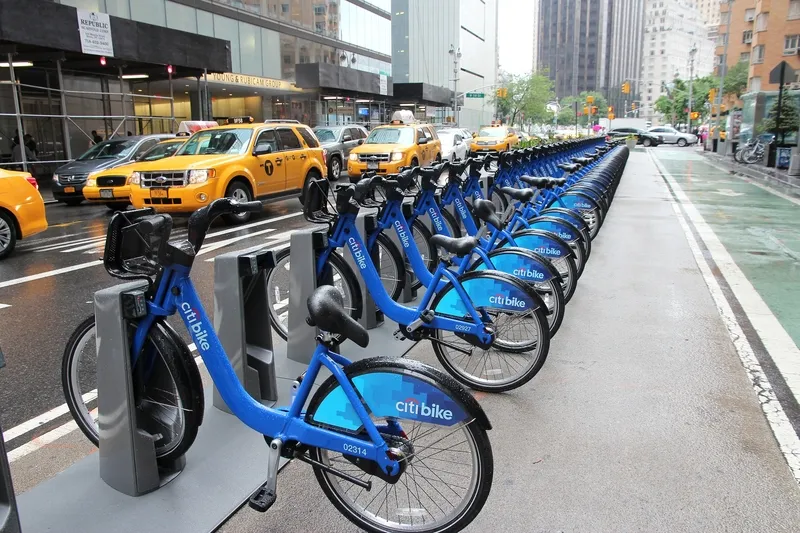Bike-share owner Lyft said hurricane disruption to subway drove users to seek two wheels
By Adam Hill
September 15, 2021
Read time: 1 min

More New Yorkers used Lyft's Citi Bike bike-share scheme on 2 September than at any time in its eight-year tenure in the city.
The New York Post reported that Citi Bike recorded 126,360 trips that day, up from the previous record of 126,099 rides on 24 July, which was the day of a free promotion.
The company says that the disruption caused by Hurricane Ida, when New York's subway suffered severe flooding which affected services, drove people to seek alternative means of commuting or simply getting about.
Citi Bike's average daily ridership for June, July and August was 100,000.








